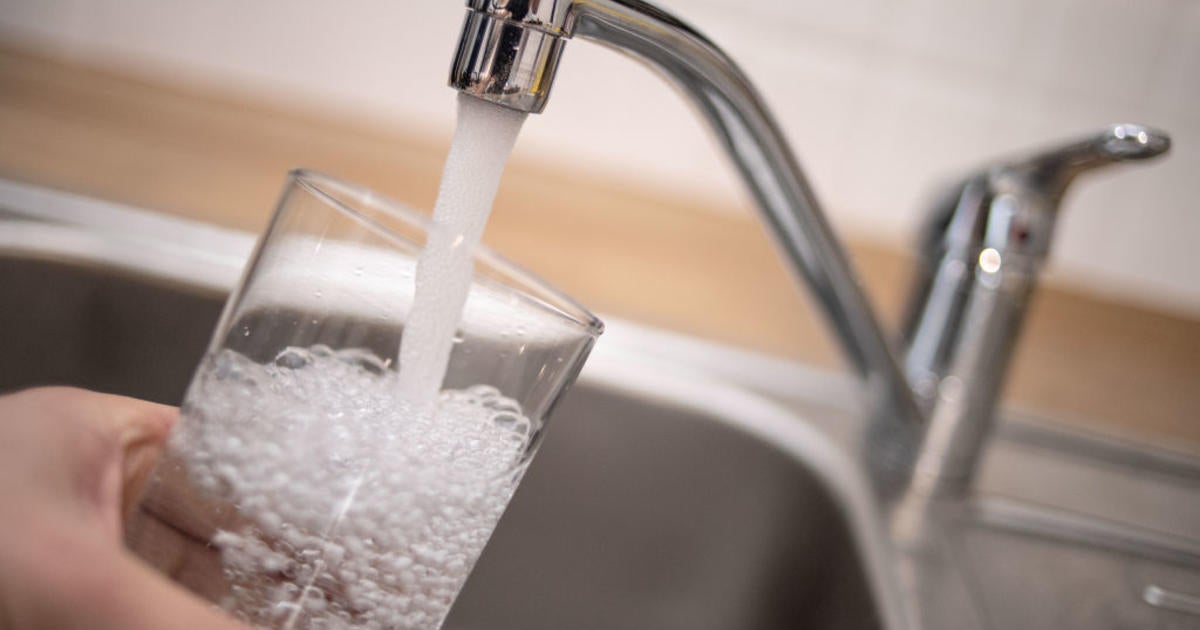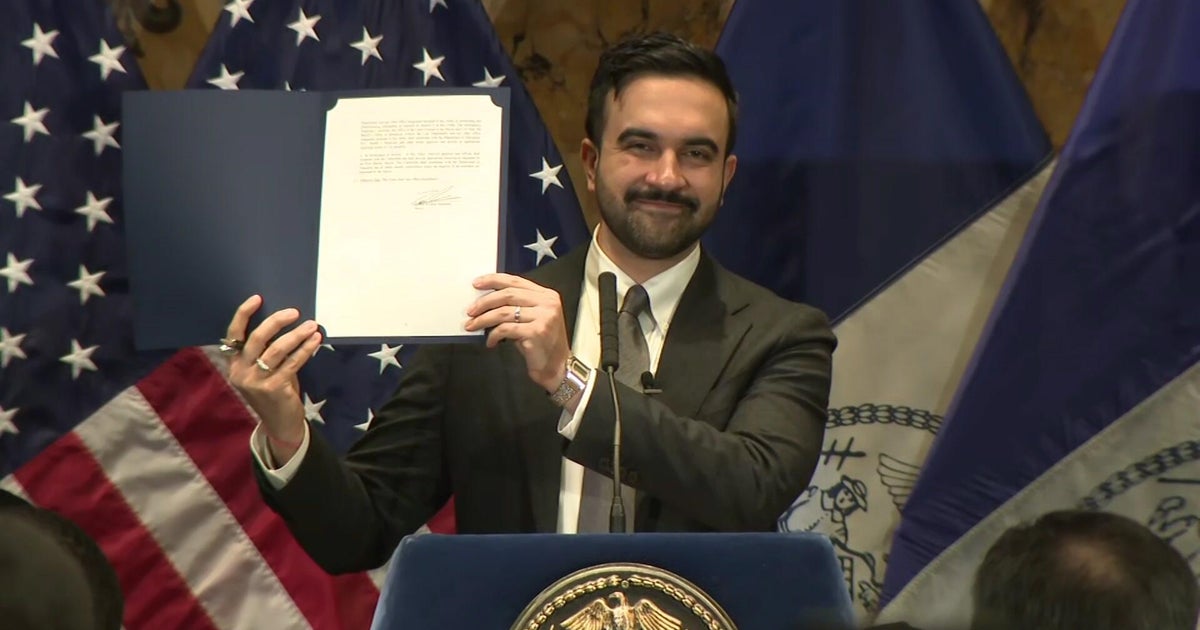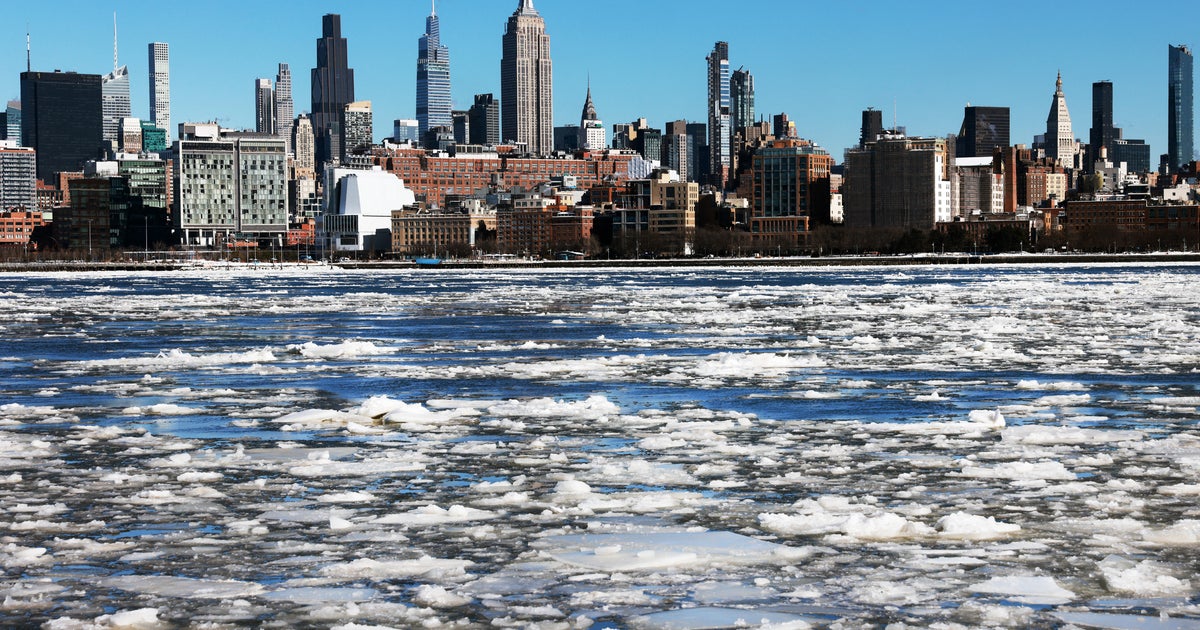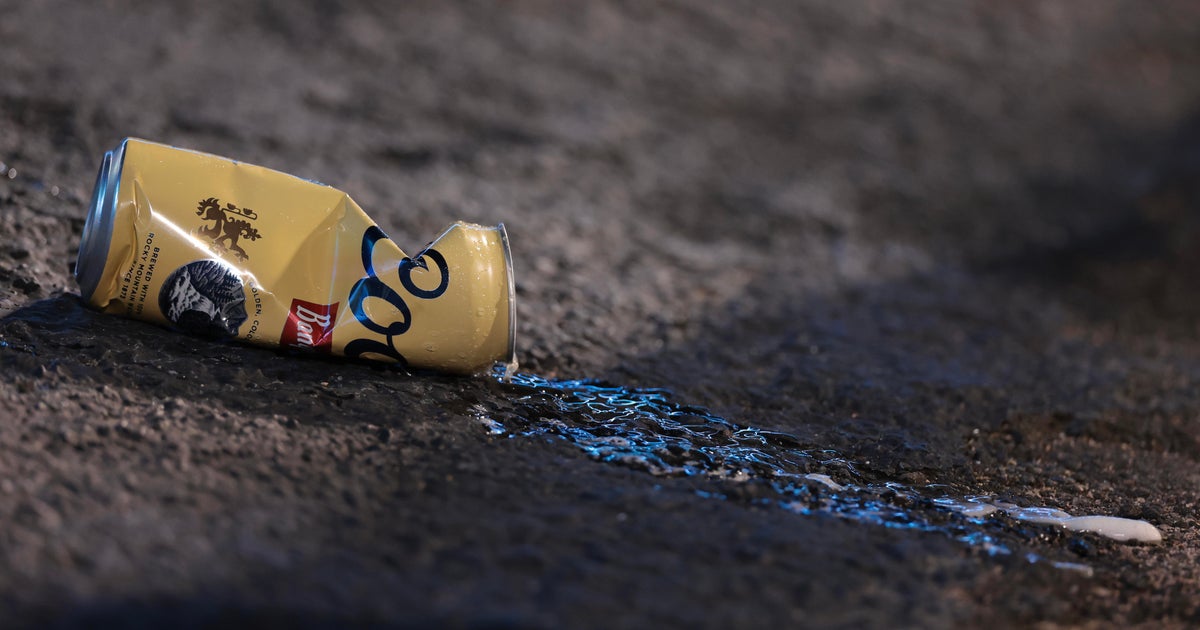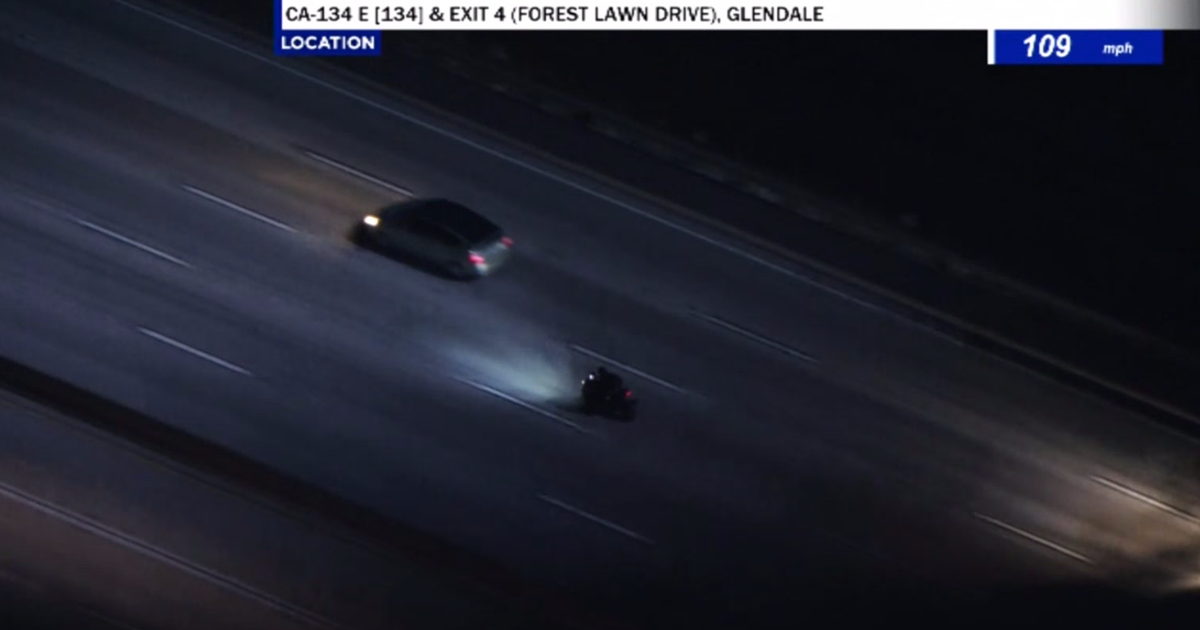Streets raised, new sewers added in Queens neighborhood to protect residents from flooding
NEW YORK — The city is touting a new completed construction project that is protecting homes and businesses in Queens against climate change.
Rising flood waters were an issue for several blocks along the Broad Channel, but people hope those concerns have now been washed away.
Phase 2 of Broad Channel Project completed
Friday, the city announced the completion of the second phase of what's called the Broad Channel Project, which raised four area streets and added new sewers and catch basins to the roads. The design will drain the water away from homes and businesses that are surrounded by Jamaica Bay.
"Climate change is real, and its effects are felt citywide, but perhaps in no other spot than Broad Channel are those effects so profound," said Alfonso Lopez, Queens borough commissioner for the city Department of Environmental Protection.
Experts say Broad Channel is one of the lowest-lying areas in the city.
The city completed the first phase of the project back in August of 2020. The total cost for the two phases came with a price tag of nearly $97 million, but came in under budget by nearly $4 million. Local politicians say that money will be kept in the community.
"[What we did] when we knew it was coming in under budget is work with the city to make sure they put it to another block on the other side that has a really bad flooding problem also," Assemblywoman Stacey Pheffer Amato said.
Last year, the project received an Envision Verified Award for its sustainability features.
"You can relax and take it easy"
Neighbors tell us their streets were built on marshland, making it prone to flooding, which happened even during the construction.
"It never was built to a high elevation, and we've had sea level rise since then, and we've had multiple instances of flooding where folks do lose their cars, children can't get to school," resident Dan Mundy said.
Bob Eckert lives on West 15th Road, one of the newly raised streets.
"We would call one another, 'Time to move the cars.' You had to move the cars, tide is coming in," he said.
But he can now call his neighbors for a friendly conversation.
"You can relax yourself and take it easy," he said.

